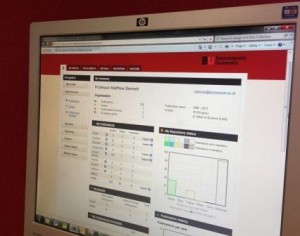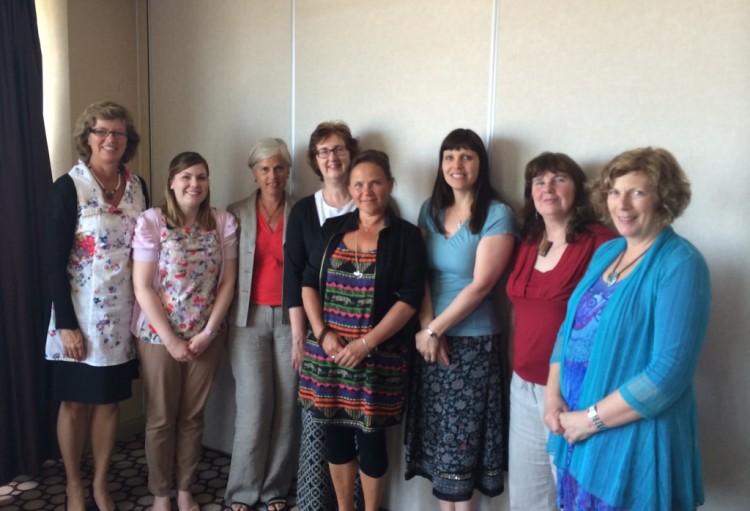Steve Mould, science and TV presenter, announced the winners of PraxisUnico’s Impact Awards held earlier this month at a ceremony held in Cardiff.
The awards were first established in 2009 with over 500 entries submitted, demonstrating the impact of university research within the UK and around the world.
A solution to the problem of vision-limiting smoke generated in operating theatres during laparoscopic surgery – based on proven electrostatic precipitation technology, was the winner of the Business Impact – Aspiring category.
An international collaboration between the University of Wolverhampton and the University of Maiduguri in Northern Nigeria was the winner of the Collaborative Impact award; the Universities are working together to increase the numbers of high growth SMEs in a country with challenging, unstable conditions generated by six years of violent terrorist insurgency.
A digital analytics technology company built on ten years of research received the Business Impact – Achieved award. The technology – developed by Queen Mary University of London, helps businesses benchmark how good their digital service should be and identifies underperformance, thereby improving the experience of employees, customers, and partners with regard to important digital products and services.
Building on the success of The Impact Awards to date, The Research Councils and PraxisUnico are pleased to announce that in 2015 we will be working in partnership to deliver Awards that will recognise outstanding impact achieved through successful knowledge exchange and technology transfer, and the benefits these bring to society and the economy.
The winners and finalists 2014:
Business Impact Aspiring Award
- Ultravision™from Cardiff University (winner)
- Ketsofrom UMI3/UMIP, University of Manchester (finalist)
- STAR, remediation of tar and oil land contaminationfrom The University of Edinburgh (finalist)
- Seralite® The power to know, the power to act from University of Birmingham (finalist)
Collaborative Impact Award
- Knowledge transfer partnership working in Nigeria from University of Wolverhampton (winner)
- Unique collaborative research training partnership with GSK from University of Strathclyde (finalist)
- Local business support delivering regional business impact from University of Wolverhampton (finalist)
Business Impact Achieved Award
- Actual Experience PLCfrom Queen Mary University London (winner)
- Oxford Photovoltaicsfrom Isis Innovation Ltd, the University of Oxford (finalist)
- Smarter Grid Solutionsfrom University of Strathclyde (finalist)
























 Expand Your Impact: Collaboration and Networking Workshops for Researchers
Expand Your Impact: Collaboration and Networking Workshops for Researchers Visiting Prof. Sujan Marahatta presenting at BU
Visiting Prof. Sujan Marahatta presenting at BU 3C Event: Research Culture, Community & Can you Guess Who? Thursday 26 March 1-2pm
3C Event: Research Culture, Community & Can you Guess Who? Thursday 26 March 1-2pm UKCGE Recognised Research Supervision Programme: Deadline Approaching
UKCGE Recognised Research Supervision Programme: Deadline Approaching ECR Funding Open Call: Research Culture & Community Grant – Apply now
ECR Funding Open Call: Research Culture & Community Grant – Apply now ECR Funding Open Call: Research Culture & Community Grant – Application Deadline Friday 12 December
ECR Funding Open Call: Research Culture & Community Grant – Application Deadline Friday 12 December MSCA Postdoctoral Fellowships 2025 Call
MSCA Postdoctoral Fellowships 2025 Call ERC Advanced Grant 2025 Webinar
ERC Advanced Grant 2025 Webinar Update on UKRO services
Update on UKRO services European research project exploring use of ‘virtual twins’ to better manage metabolic associated fatty liver disease
European research project exploring use of ‘virtual twins’ to better manage metabolic associated fatty liver disease